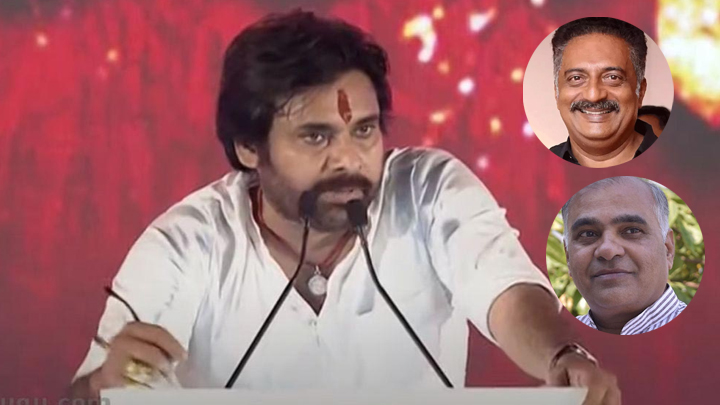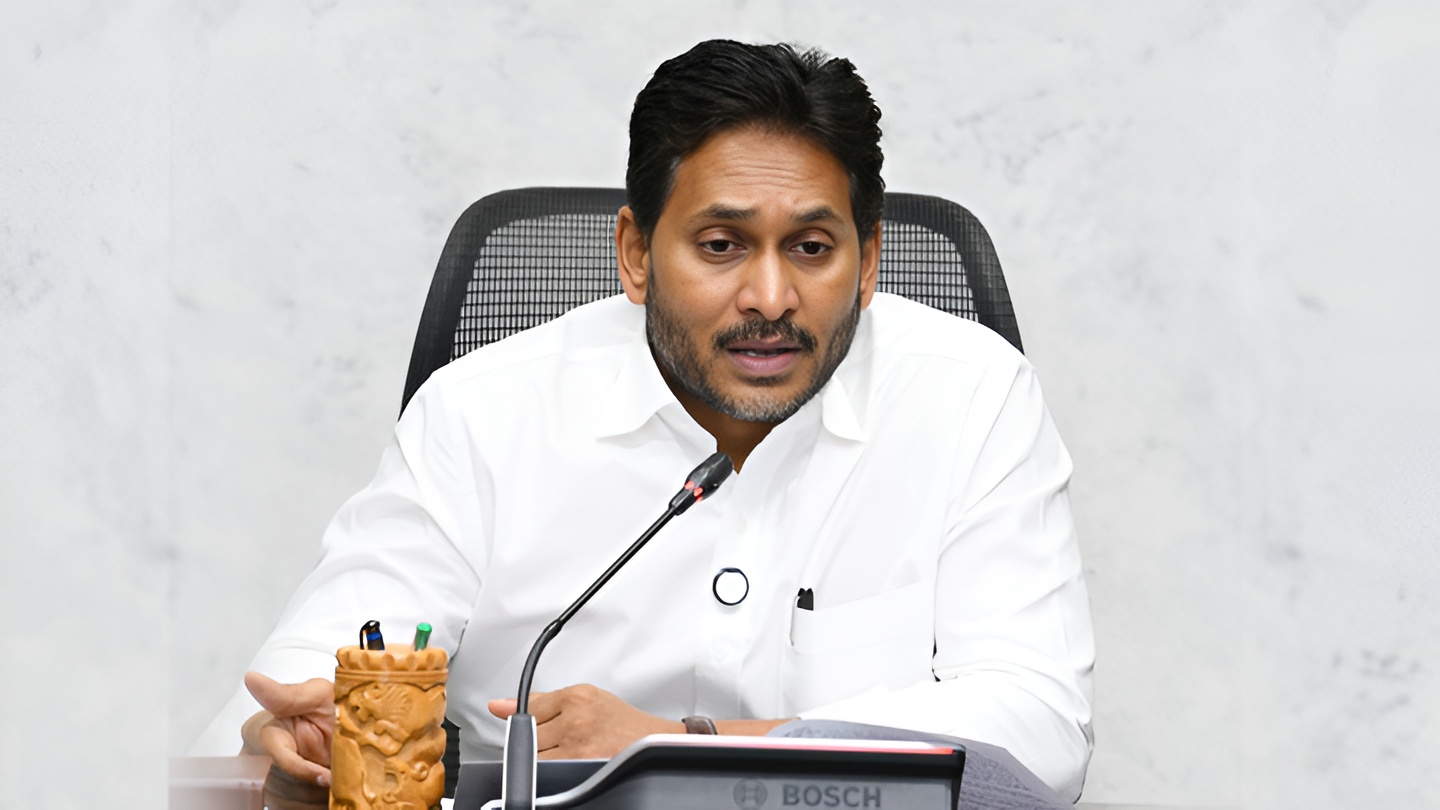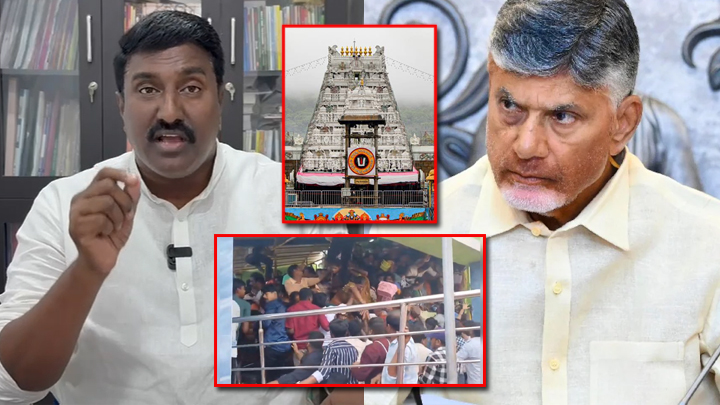Pawan Kalyan, the actor-turned-politician and Jana Sena chief, has once again found himself in the eye of a storm. His recent remarks at the party’s 12th Foundation Day celebration in Pithapuram, touching on religion, language, and culture, have unleashed a torrent of criticism from cine stars, political figures, and netizens alike. From Tamil Nadu to Andhra Pradesh, the backlash is loud, unrelenting, and punctuated with a singular plea: “Someone tell him!”
Kalyan’s comments, particularly his swipe at Tamil Nadu’s resistance to Hindi imposition, have sparked outrage. “They dub Tamil films into Hindi and rake in crores, but won’t accept Hindi, why?” he asked, igniting a fierce debate. Adding fuel to the fire, his claim that Jana Sena propped up the 40-year-old Telugu Desam Party (TDP) has drawn ire from TDP cadres, who’ve retaliated with biting social media jabs. As the dust settles, one thing is clear: Pawan Kalyan’s words have united an eclectic chorus of detractors in condemnation.
Prakash Raj: A Lesson in Self-Respect
Actor Prakash Raj was among the first to fire back. In a scathing tweet, he wrote: “‘Don’t impose your Hindi on us’ isn’t about hating another language, it’s about protecting our mother tongue with self-respect. Someone tell Pawan Kalyan!” For Raj, a vocal advocate of linguistic diversity, Kalyan’s remarks crossed a line, misrepresenting Tamil Nadu’s stance as petty resentment rather than a defense of identity.
Poonam Kaur: A Dig at Dignity
Actress Poonam Kaur didn’t mince words either. “When you try to buy self-respect and power with money, you’re as good as dead,” she tweeted, a thinly veiled jab at Kalyan’s shifting alliances and perceived opportunism. Her words resonate with those who see Kalyan’s ideological flip-flops as a betrayal of principle for political gain.
PVS Sharma: Caught Between Two Fakes
Political commentator PVS Sharma took a more analytical tack, challenging Kalyan to discern the difference between “pseudo-secularism” and “pseudo-Sanatani.” “He’s stuck between TDP’s fake secularism and BJP’s fake Sanatana Dharma,” Sharma tweeted. “More loyal to pseudo-secularism than to Sanatana, quite the pickle!” Sharma’s critique paints Kalyan as a pawn in a larger game, torn between coalition partners with conflicting agendas.
Vijay Fans: A Counterpunch from Tamil Nadu
Tamil superstar Vijay’s fanbase, a formidable force on social media, wasted no time joining the fray. Under the handle “TVK Vijay Trends,” they posed a pointed question: “Hindi films get dubbed into Tamil, so why can’t we demand Tamil as an official language in Maharashtra, UP, Bihar, or Delhi?” Another tweet took it further: “Dear Pawan Kalyan, Tamil Nadu opposes Hindi imposition, not cultural exchange. If dubbing’s an issue, will you ban Telugu films in Tamil too? From preaching diversity to becoming BJP’s mouthpiece, what a fall!” The fans’ ire reflects a broader sentiment in Tamil Nadu, where Kalyan’s comments have fueled protests and accusations of pandering to the BJP’s agenda ahead of elections.
A Blast from the Past
Netizens have dug up Kalyan’s own words to expose his contradictions. In 2017, he shared an article titled “Hindi Go Back,” urging North Indian leaders to respect India’s cultural diversity and decrying Hindi imposition. Another post that year, “When will discrimination against the South end?” highlighted North-South disparities. Today, those screenshots are being flung back at him like boomerangs. “He opposed Hindi imposition then, why the U-turn now?” asked one user, encapsulating the growing narrative of Kalyan as a political chameleon.
Telugu Scribe: A Logical Takedown
A commentary from Telugu Scribe dissected Kalyan’s argument with surgical precision. “Dubbing Tamil films into Hindi respects linguistic diversity, it lets Hindi speakers enjoy them in their own language. No one’s forcing Tamil on them,” the piece argued. “Pawan once opposed Hindi imposition; now he defends it because political convenience trumps ideology. His U-turns aren’t surprising, just another twist in his list of flip-flops. For him, ideology is a tool, not a principle.” The critique underscores a recurring theme: Kalyan’s rhetoric bends to the winds of power.
TDP Strikes Back
Closer to home, Kalyan’s claim that Jana Sena “sustained” TDP for 40 years has enraged the latter’s rank and file. TDP social media warriors unleashed a barrage of tweets, some comparing Kalyan and his brother Nagababu to a “dog barking under a chariot, thinking it’s pulling the load.” Another jabbed: “Those who couldn’t win two seats saved TDP? Laughable!” The vitriol stems from Kalyan’s brother claiming Pithapuram’s victory was solely due to Jana Sena’s efforts, a boast TDP cadres see as hubris from a junior partner.
The Bigger Picture
At the heart of this uproar lies Kalyan’s tightrope walk between coalition dynamics and personal ambition. His remarks on Hindi and Tamil Nadu align suspiciously with the BJP’s push to expand its southern footprint, while his TDP boast seems aimed at asserting Jana Sena’s relevance in Andhra Pradesh’s ruling alliance. Yet, the backlash reveals a deeper discontent: a leader once hailed for his outsider appeal now appears ensnared in the very politics he vowed to disrupt.
For Tamil Nadu, it’s a matter of pride; for TDP, a question of credit; and for critics like Prakash Raj and Poonam Kaur, a call for accountability. As protests simmer and tweets fly, Pawan Kalyan stands at a crossroads. Will he double down, or will someone finally “tell him” what’s at stake? In a region where language and identity are sacred, Kalyan’s latest misstep may prove costlier than he anticipates.











